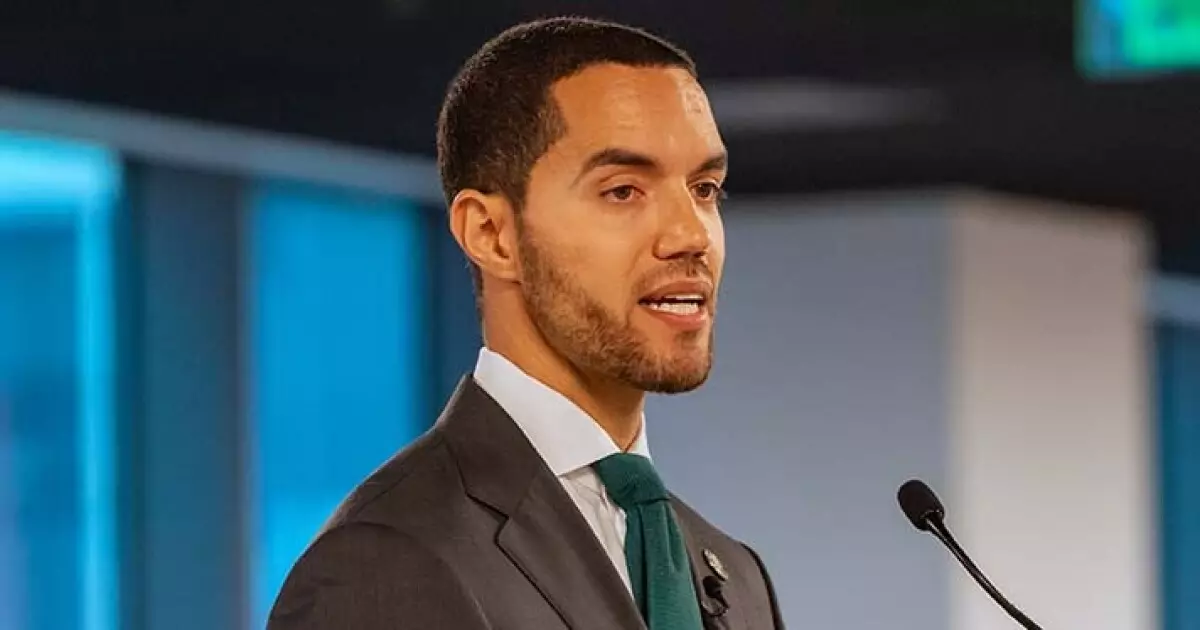Recently, Houston officials found themselves facing a substantial financial crisis following a Texas Supreme Court ruling that could have far-reaching consequences for the city’s budget. The Supreme Court chose not to hear Houston’s appeal regarding a critical appellate court decision from April. This ruling stemmed from a lawsuit initiated in 2019 that contested the city’s ability to modify a designated portion of property tax revenue meant for drainage and road improvements. The plaintiffs, who challenged the city’s authority, have essentially handed Houston a fiscal bombshell, as the city is now forced to direct an additional $100 million annually into the Dedicated Drainage and Street Renewal Fund.
This abrupt financial requirement has raised alarms within the city’s administration. The implications of this ruling extend beyond the immediate budget constraints; it poses existential threats to the city’s financial stability. Houston Controller Chris Hollins characterized the court’s decision as “a real gut punch,” emphasizing that the requirement to fund the drainage system would drastically deplete the city’s anticipated fund balance for the upcoming fiscal year. Hollins articulated a stark concern about the feasibility of certifying the upcoming budget, stressing potential service cuts without substantial revenue influx or strategic financial adjustments.
With the city now facing a projected structural deficit exceeding $300 million, fiscal strains are mounting. The anticipated fund balance of $350 million for fiscal 2025 is suddenly in jeopardy, leading to a reevaluation of financial priorities across city departments. The Council’s urgency has led to proposals for the formation of a joint emergency task force. This group would be responsible for exploring all viable options to manage the unfolding crisis, with a focus on maintaining transparency with the public about the potential repercussions of the financial downturn.
Hollins’ comments indicate a dire reality; the unintended consequence of the court ruling has prompted serious discussions about the core services the city is mandated to provide. The perpetual challenge Houston faces is compounded by a landscape of competitive municipal funding, where rising costs and diminishing resources could hinder the delivery of essential services to its residents. As the city grapples with these realities, it underscores the delicate balance Houston must maintain—where fiscal prudence meets the necessities of its populace.
In light of these developments, Mayor John Whitmire has committed to addressing the city’s financial woes head-on. He has entered dialogue with the plaintiffs who initiated the lawsuit to explore collaborative solutions and establish a timeline that could relieve some immediate fiscal burdens. Whitmire’s proactive approach showcases the dire need for leadership and creativity in navigating an increasingly complex financial landscape.
Additionally, amidst these challenges, the collaboration between Houston’s Finance Department and the Metropolitan Transit Authority has yielded some positive outcomes, with $50 million redirected to enhance the city’s financial resilience. Finance Director Melissa Dubowski remains optimistic about exploring efficiencies and coordinating with Ernst & Young for further insights into financial management. However, a single successful maneuver does not negate the larger systemic issues at play.
This situation is not occurring in a vacuum; the city’s financial struggles were already exacerbated by previous commitments, including a significant firefighters’ settlement that involved a one-time payment of $650 million and a five-year salary increase agreement. Furthermore, rating agencies like Fitch Ratings and S&P Global have drawn attention to Houston’s deteriorating reserve funds, adjusting their outlooks to negative as they analyze the burgeoning financial landscape of America’s fourth-largest city.
Such developments mark an unsettling trajectory for Houston’s fiscal health, highlighting the need for a comprehensive, long-term strategy to navigate both immediate challenges and future uncertainties. By engaging in transparent dialogues with stakeholders, the city can hope to bridge gaps in funding while still ensuring vital services remain intact.
As Houston stands at this critical juncture, the interconnectedness of finance, governance, and public service comes into sharp focus. How city officials navigate this crisis will significantly shape the future of the city’s fiscal landscape, potentially fostering new partnerships and innovative solutions. Maintaining public trust while ensuring the viability of essential services will require astute leadership, strategic financial planning, and, perhaps most importantly, a willingness to embrace change in an era of fiscal volatility.

